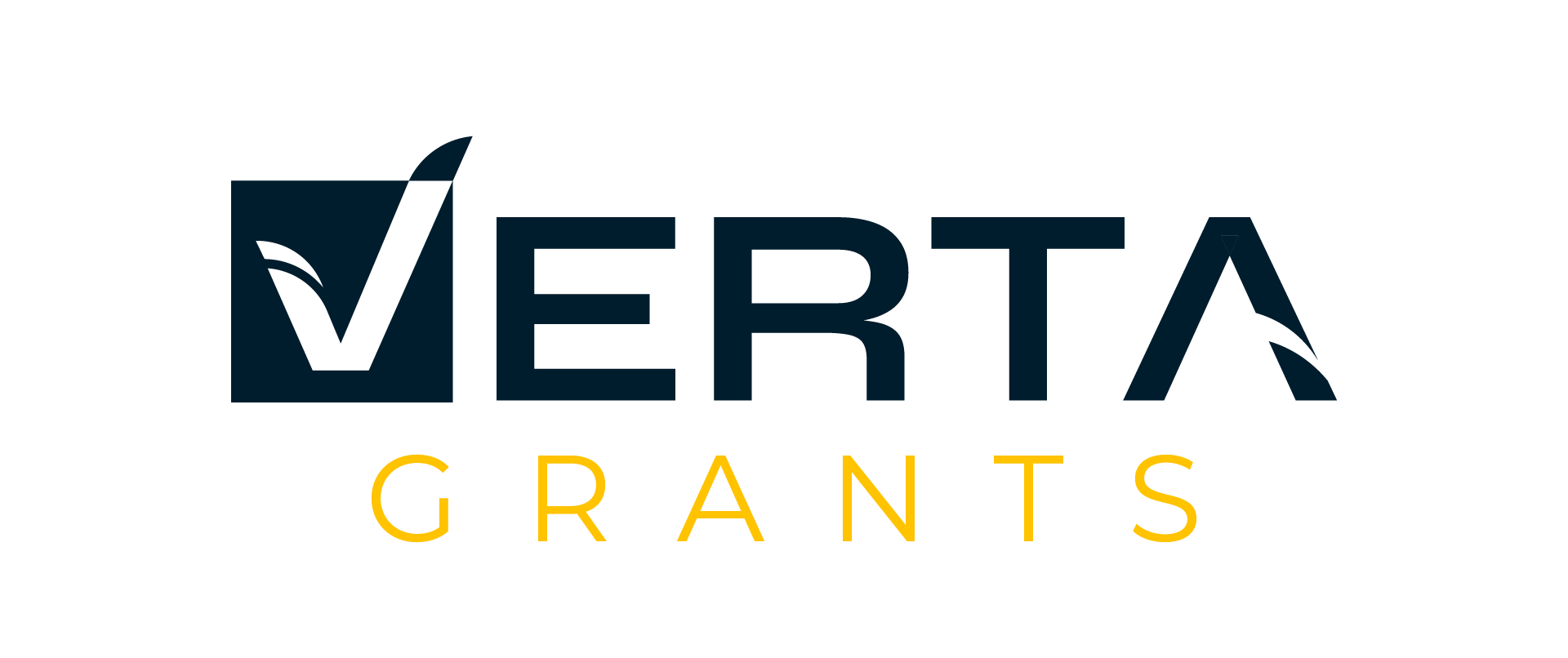What is Verta Grants's funding search tool?
Verta Grants provides an easy way to find government funding in Canada. Through its proprietary search tool and intelligent filtering, the platform helps advisors find grants, tax credits, loan guarantees, loans, accelerator programs and other incentives for businesses.
What types of programs are in Verta Grants's funding search tool?
Grants. Grants include government and private sector non-repayable financial contributions to support specific objectives - including wage subsidies, job creation funding, and other non-repayable contributions. Grants are generally provided before or during the investment period.
Tax Credits. Tax credits are government refunds and tax reductions/credits to encourage certain investments. Tax credits are generally provided following the investment period.
Loans. Loans include government and private sector repayable contributions. Government loans may have more relaxed conditions/guarantees and lower interest rates. Loans are provided prior to the investment period.
Loan Guarantees. Loan guarantees are government support for a loan by guaranteeing or "insuring" the loan or a portion of it in the event of default by the entrepreneur. Loan guarantees are provided prior to being accepted for a loan.
Equity. The equity category in our system includes all private sector investment for a share of the ownership or long term profits in the corporation. This includes direct purchasing of shares, but could also include a variety of more complex investment instruments (including royalties, profit sharing, options, and other instruments) that are not straight loans. Equity investment may come at any time in the investment period.
Accelerators and Incubators. Accelerators and incubators are business support organizations that offer structured entrepreneurship support programs that include one or many of: coaching or mentoring services, training, networking, and professional support. They can range from a month to a year and can include a Demo Day or pitch competition event at the end of the program. These programs are typically intended for startups, with incubators being focused towards very early-stage startups in the ideation stage, and accelerators being more appropriate for pre-seed companies with an MVP and initial revenue or seed-stage businesses that are aiming to get the next level with structured support.
How does Verta Grants identify available funding?
Using our unique search system, we intelligently filter and identify grants, tax credits, and loan guarantees for specific corporations based on their location (i.e., postal code) and twenty other criteria. We only include programs with available funding that fits within the selected criteria.
How does Verta Grants keep its system up to date?
Verta Grants’s funding search tool is kept up to date by our funders, who add and modify their programs, our dedicated funding research team, and our patent-pending, semi-automated crawling, tracking, and updating system.
How does Verta Grants filter funding programs?
Verta Grants uses both primary and secondary filters to optimize your search results:
- The company information you enter when you create a new profile acts as the primary filters, determining which funding programs are displayed when you first access the results.
- The filtering options located on the upper right-hand side of your search results are your secondary filters. These filters are tailored to any business activity or project a business may be conducting and for which funding may be available.
Why do you have both year of creation and year of incorporation?
- Year of creation: Many funding opportunities and support programs exist for early-stage businesses and startups, such as microgrants, incubators and accelerators. However, most government funding and some commercial financing requires businesses to be incorporated in order to be eligible.
- Year of incorporation: Once a business becomes incorporated, they become eligible for more government grants, loans, loan guarantees, and tax credits, as well as any many other sources of financing. Certain programs also use the age of the business as condition for eligibility. In that case, the date of incorporation is almost always used instead of the date of creation.
